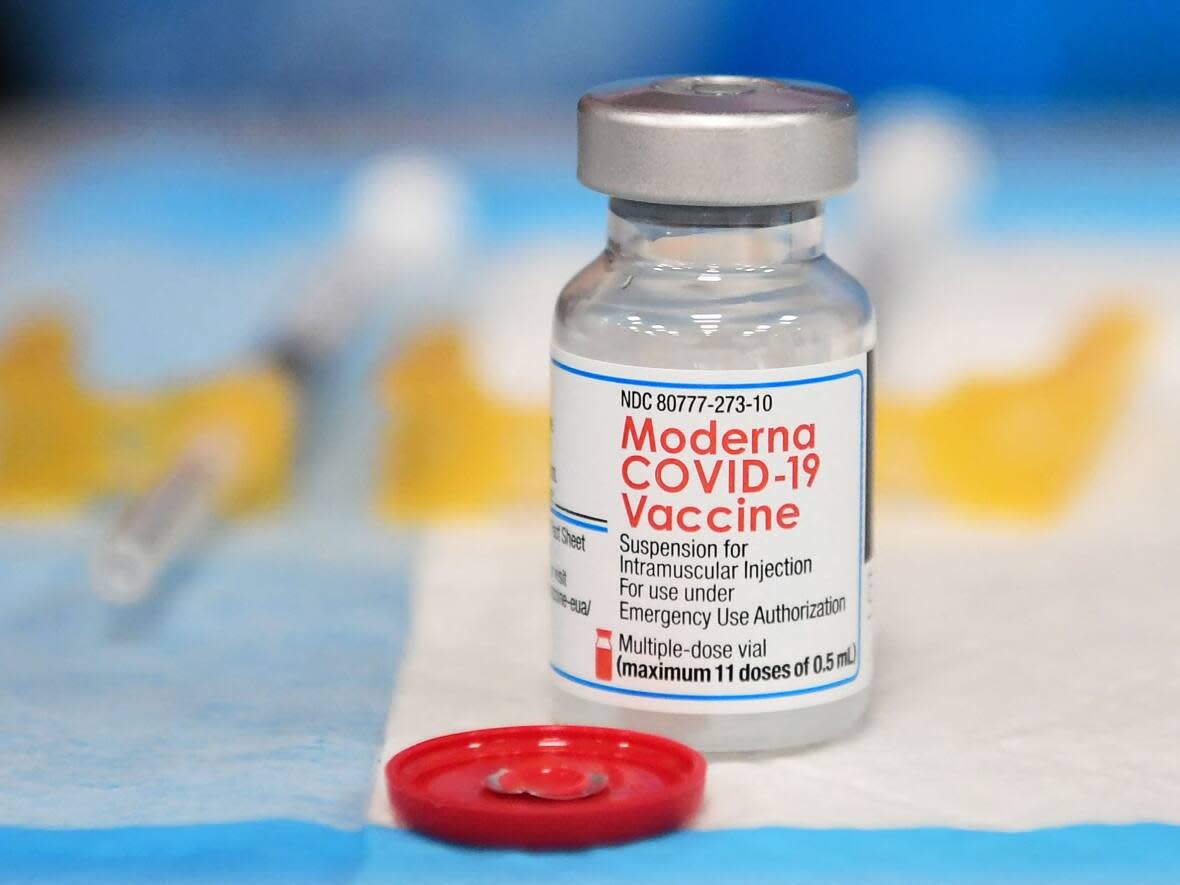Charter not violated in denying transplant to patient who refused COVID-19 vaccine, court rules

Clarification: A previous version of this story included more specific details concerning Annette Lewis' medical condition. That information has since been removed due to a court-ordered publication ban.
It's not unconstitutional to refuse an organ transplant to a woman who refuses to get the COVID-19 vaccine, an Edmonton judge has ruled.
Annette Lewis went to court seeking to preserve her spot on an Edmonton-based transplant program's wait-list after doctors told her she would not be eligible because she is not immunized against COVID-19.
In a decision filed Tuesday, Court of Queen's Bench Justice Paul Belzil dismissed Lewis's argument that her Charter rights had been violated.
He ruled the Charter has no application to clinical treatment decisions and, in particular, has no application to doctors establishing criteria for organ transplantation. There is a publication ban on identifying the specific organ.
Lewis was diagnosed in 2018 with a chronic, progressive disease with no cure.
Doctors told her that a transplant was her only hope of survival. After extensive testing, Lewis was deemed healthy enough to qualify for a transplant, according to details in Belzil's decision.
Beginning in 2020, she was advised to get a series of vaccinations, including childhood vaccinations, as her immunization history could not be located. She agreed and got all the vaccines.
But in March 2021, when she was told that she required a COVID-19 vaccine in order to receive the transplant, she refused.
"Taking this vaccine offends my conscience," Lewis wrote in an affidavit filed with the court.
"I ought to have the choice about what goes into my body and a life-saving treatment cannot be denied to me because I chose not to take an experimental treatment for a condition — COVID-19 — which I do not have and which I may never have."
Scarcity of donors, risk of COVID-19 factors
In response, Alberta Health Services and the doctors and hospital involved in Lewis's case filed evidence about how the transplant program works, how patients are chosen, the risks of COVID-19 infection to a transplant recipient and evidence that COVID-19 vaccines are safe and effective.
The names of the doctors and the hospital were redacted from Belzil's decision. The transplant program in question provides services for patients in Alberta, Saskatchewan, Manitoba, eastern British Columbia, Northwest Territories and parts of Nunavut.
Decisions to add a patient to the transplant list are made by a committee of medical experts who consider the recipients' severity of need and likelihood of survival.
Court heard that because these organ donors are scarce, one in five people on the Edmonton wait-list die before getting a transplant.
A patient can be rejected if the transplant would unacceptably increase the patient's risk of death without a meaningful chance of improving the quality and duration of life.
Once the COVID-19 vaccine became available, specialists with the transplant program determined it was in the best interest of pre-transplant candidates to be vaccinated because of the significant risk COVID-19 presents to highly immunocompromised transplant recipients.
Court heard that during the fourth wave of the pandemic between September and November 2021, nearly 40 per cent of similar transplant recipients in Edmonton who were infected with COVID-19 ended up dying.
In his reasons for decision, Belzil agreed that it was "beyond dispute" that Lewis is the sole decision-maker about what goes into her body and that she is entitled to her beliefs about vaccines.
"I do not accept however, that her beliefs and desire to protect her bodily integrity entitle her to impact the rights of other patients or the integrity of the [transplant program] generally," the judge said. "No one has a right to receive [organ] transplants and no one is forced to undergo transplantation surgery."
Belzil also found that if Lewis' application were successful, it would have significant negative public policy implications, be unfair to other patients and disrupt the transplant program.
"The proposition that treating physicians exercising clinical judgment would be subject to the Charter would result in medical chaos with patients seeking endless judicial review of clinical treatment decisions," Belzil said.


